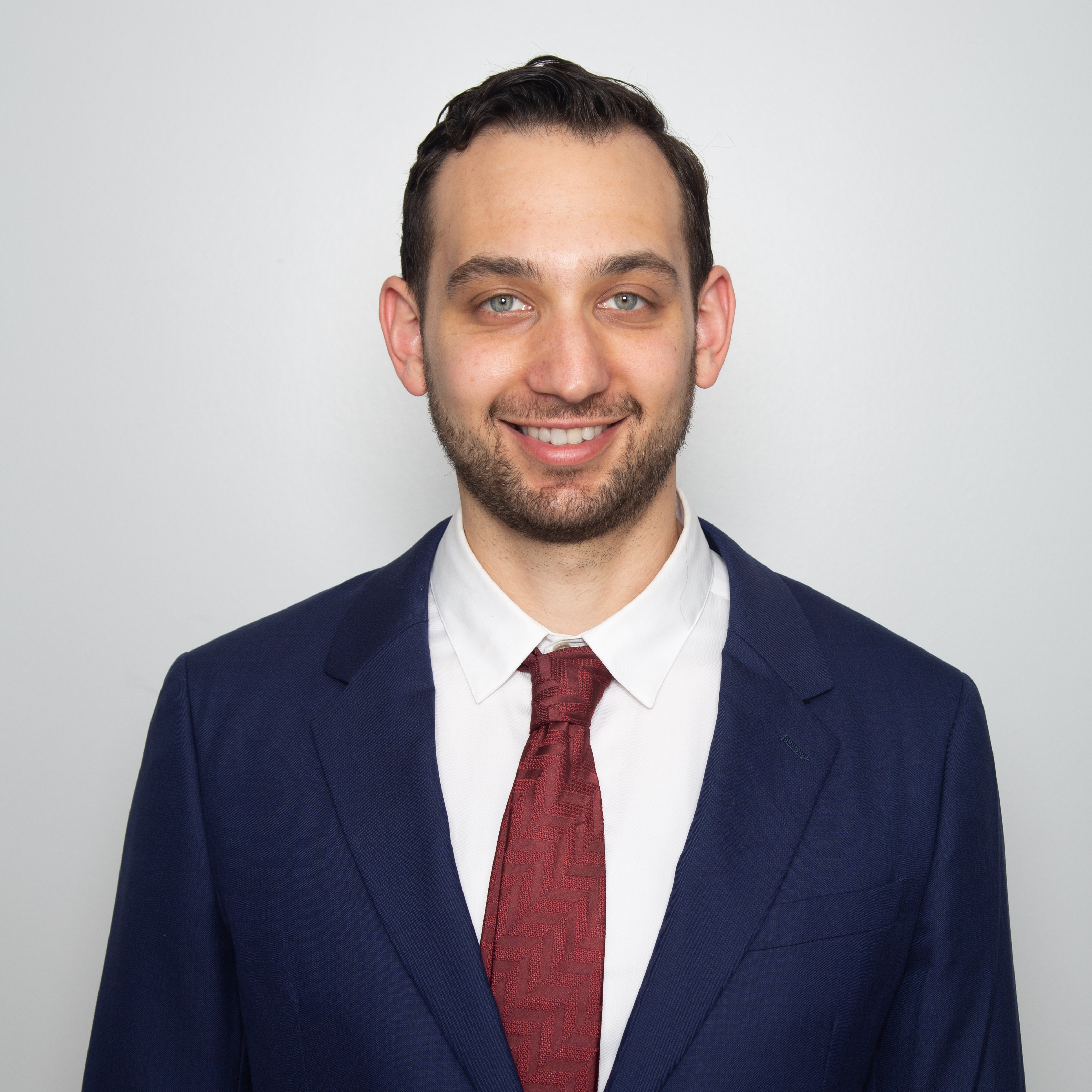
New England is facing a heroin crisis fueled by a cheap supply of opiates entering ports in the Northeastern part of the U.S.
Indeed, the governor of Vermont — a state known more for being the home of Ben & Jerry’s Ice Cream and maple syrup rather than smack — recently devoted his entire state-of-the-state address to what he called his state’s heroin epidemic.
Now, a clinical psychologist in Cape Cod, Mass. has floated an idea to help solve the problem by offering addicts weed, or be to more exact, medical marijuana.

Shelley Stormo, on staff at the Gosnold treatment facility there, has secured provisional approval to open a medical marijuana dispensary. She hopes to be providing cannabis to heroin and other opiate addicts by this fall.
“I’m changing my efforts a bit to really focus on how to prevent addiction,” Stormo told WBUR, Boston’s National Public Radio news station. “Through offering the medical use of marijuana as an alternative to potentially much more harmful and deadly opioids.”
Stormo says marijuana is safer for several reasons.
“Marijuana does not have the physical addictive components that opiates do,” she said. “It does not have the propensity, as opiates do, for overdoses. There’s no documented death by overdose of marijuana.”
Still other medical marijuana professionals say the so-called gateway drug may one day be used as part of an exit strategy for more powerful drugs.
“Cannabis actually can be used as a harm-reduction medicine for patients to reduce their harm if they’re addicted to opiates, if they’re addicted to alcohol, if they’re addicted to cocaine,” said Thor Agustsson, a physician with Integr8 Health, a Burlington, Vermont clinic that evaluates patients for medical marijuana use.
Not so fast, says Akikur Mohammad, M.D., a noted authority on drug addiction who teachers addiction medicine at University of Southern California Keck School of Medicine. First, he says, research is too preliminary. Any studies that support the contention of medical marijuana as a treatment for other harmful addictive substances were small and not scientifically conducted.
Second, the very notion that marijuana somehow can ameliorate the physical effects of heroin flies in the face of established medical science. “There are no common mechanisms of action in the brain between marijuana and opiates,” he says. Rather, “we are simply replacing one one harmful substance with another.”
There are also the long-term medical consequences of marijuana that cannot be dismissed because of some perceived benefit in halting the abuse of another drug.
“I’ve treated hundreds of patients who use marijuana in addition to opiates. Usually, it’s not an either/or situation,” he says.
According to Dr. Mohammad, the better treatment for opiate addiction are FDA-approved medications for drug addiction. “These medications have proven to be effective and safe. Why would we experiment with something that is unproven and based on pure speculation. Show me the data that marijuana decrease the use of opiates,” he says.


